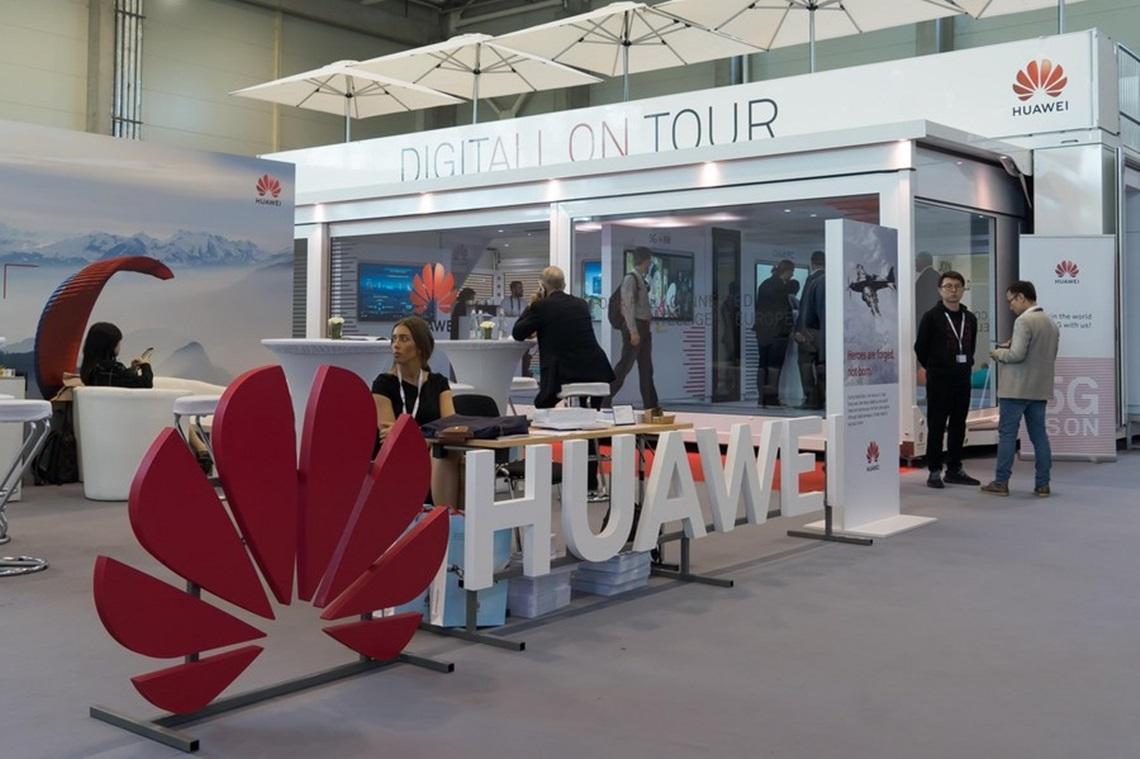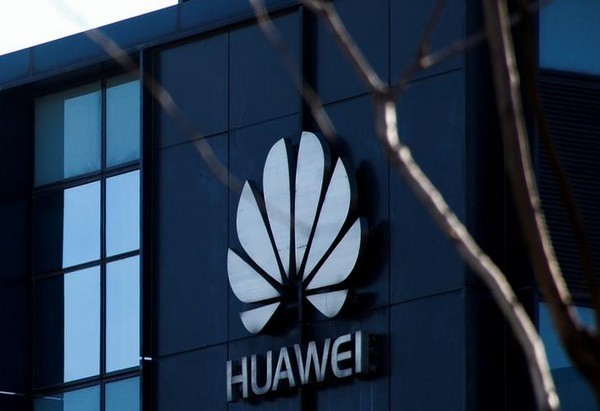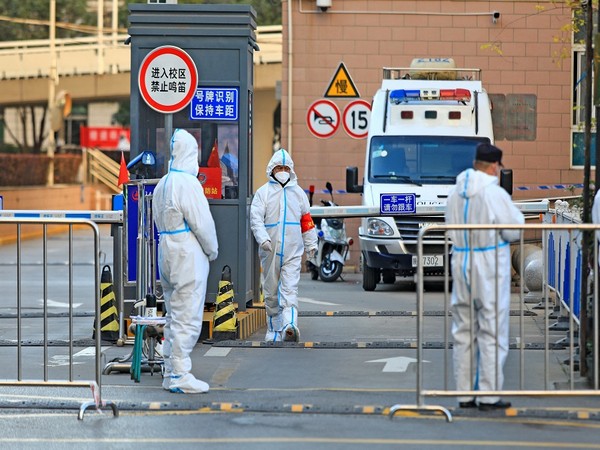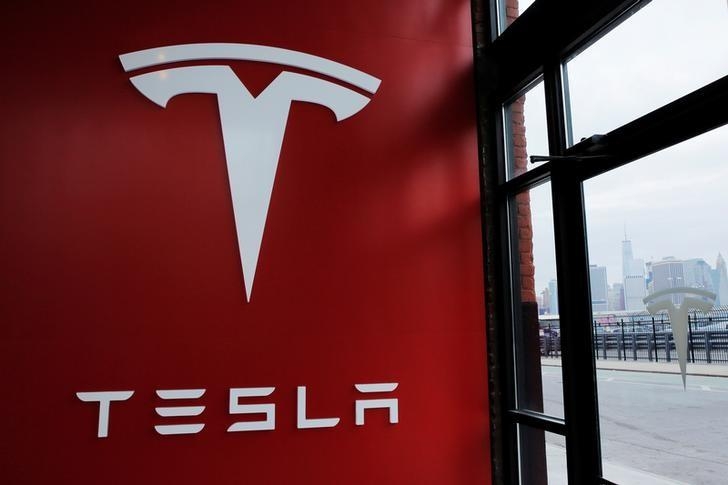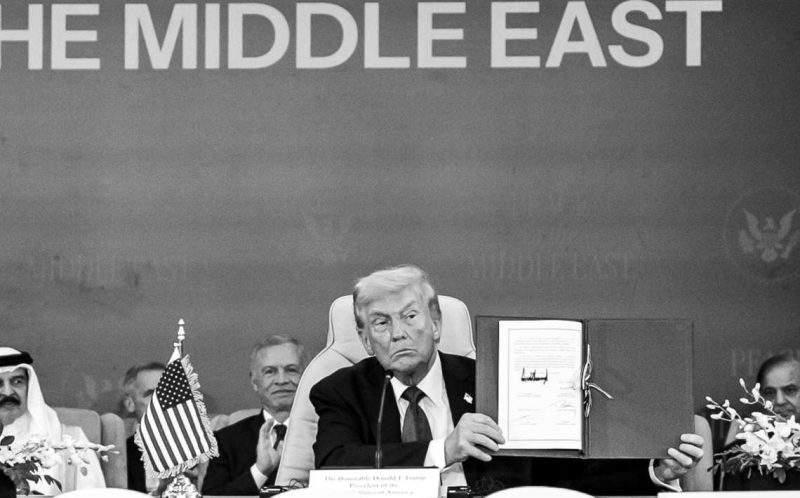Biden signed the law to ban Chinese tech companies like Huawei and ZTE from getting approval for network equipment licences in the country…reports Asian Lite News
The US Federal Communications Commission (FCC) has prohibited communications equipment and video surveillance technology from Chinese companies like Huawei, ZTE, Hikvision, Hytera, and Dahua to reach the country.
The FCC adopted new rules prohibiting communications equipment deemed to “pose an unacceptable risk to national security from being authorised for importation or sale in the US”.
This is a huge blow to Chinese companies as they can’t legally import or sell anything with a radio in the US without the FCC authorisation.
“The FCC is committed to protecting our national security by ensuring that untrustworthy communications equipment is not authorised for use within our borders, and we are continuing that work here,” said Chairwoman Jessica Rosenworcel.
“These new rules are an important part of our ongoing actions to protect the American people from national security threats involving telecommunications,” she added.
The list (both equipment and services) currently includes communications equipment produced by Huawei Technologies, ZTE Corporation, Hytera Communications, Hangzhou Hikvision Digital Technology, and Dahua Technology (and their subsidiaries and affiliates).
The new rules implement the directive in the ‘Secure Equipment Act of 2021’, signed into law by US President Joe Biden last November, that requires the Commission to adopt such rules.
Biden signed the law to ban Chinese tech companies like Huawei and ZTE from getting approval for network equipment licences in the country.
In 2020, the Federal Communications Commission (FCC) designated Huawei and ZTE as national security threats to communications networks — making it harder for US firms to buy equipment from them.
The new rules follow a series of other FCC initiatives to keep US networks secure.
The FCC has also prohibited the use of public funds to purchase covered equipment or services, launched the ‘Secure and Trusted Communications Networks Reimbursement Programme’ to remove insecure equipment that has already been installed in US networks and revoked operating authorities for Chinese state-owned carriers based on recommendations from national security agencies.
ALSO READ-China helps Pakistan to undermine UN anti-terror measures


